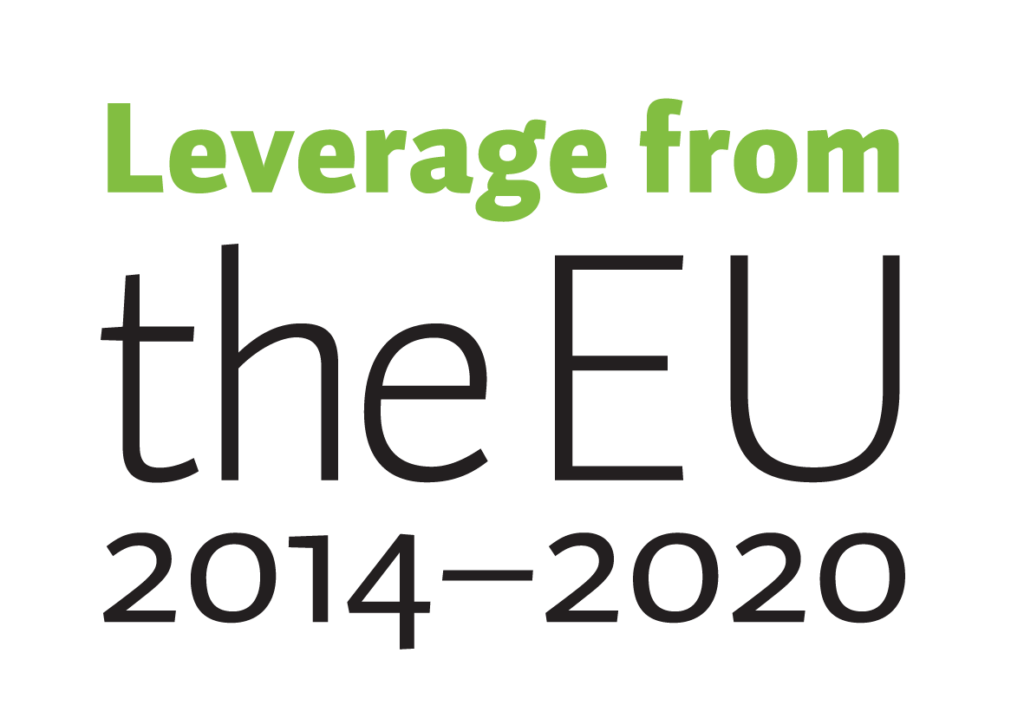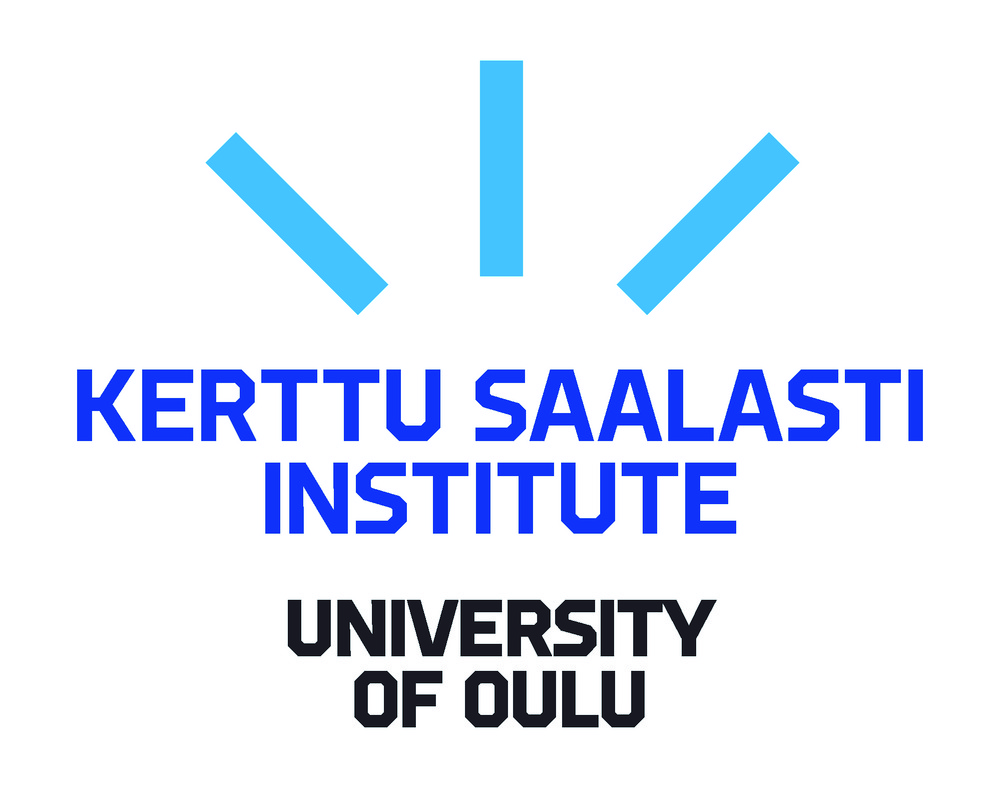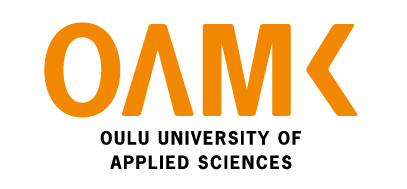Basic education grades 7-9
Basic education grades 7-9
Entrepreneurship education in basic education grades 7-9
In basic education grades 7-9, young people’s entrepreneurial, working life and economic skills are reinforced in a variety of ways as part of different subjects and learning modules. The aim of entrepreneurship education is to inspire them to look to the future and find their own story to support their choices. Entrepreneurship education in basic education grades 7-9 emphasises the identification of different opportunities and the courage to try new things.
Read about the common objectives and recommendations of the entrepreneurship education model for North Ostrobothnia here.
Development objectives
Various development objectives have been set out for basic education grades 7-9. These are:

- Initiating, developing and strengthening cooperation with working life and leveraging it regularly and purposefully as part of the teaching of different subjects.
- Recognising the work already done in the field of entrepreneurship education and strengthening the entrepreneurship education skills of teaching staff through further training and networking.
- Exploiting the content, values and methods of entrepreneurship education as part of multidisciplinary learning contexts.
- Fostering collaboration between different grade levels and school levels, with particular attention to linkages.
- Developing the period of work experience in terms of content, networks and methods.
- Offering all pupils the possibility of choosing entrepreneurship studies or elective subjects based on entrepreneurship education methods.
- Incorporating entrepreneurship education days (e.g. Entrepreneurs’ Day, International Entrepreneurship Week, International Finance Week) into the school calendar.
Basic education grades 7-9 learning outcomes
The regional competence objectives for basic education grades 7-9 are a set of entrepreneurship education objectives that are noted in the curriculum. The objectives are reached throughout the school pathway and are linked to different subjects and transversal competences.
- Pupil understands the importance of entrepreneurship in society and as a job opportunity.
- Pupil is able to identify the specific features of the local economy and the main sectors, understands the rules and practices of working life, and is able to apply for jobs and operate in working life.
- Pupil is able to articulate their skills and identifies how to use them in working life and entrepreneurship.
- Pupil understands the importance of managing their own finances and is able to plan their own spending.
- Pupil is able to identify the different aspects of sustainable development and the importance of a sustainable lifestyle for the environment, society and people.
- Pupil understands why digital skills and tools are needed in learning, working life and society, and that they are part of general life skills.
- Pupil understands the importance for individuals and communities of taking an international perspective and appreciating the diversity of their own communities.
- Pupil identifies how the skills and competences acquired at school can be used to build your own future.
- Pupil identifies how the skills and competences acquired at school can be used to build a sustainable future.










